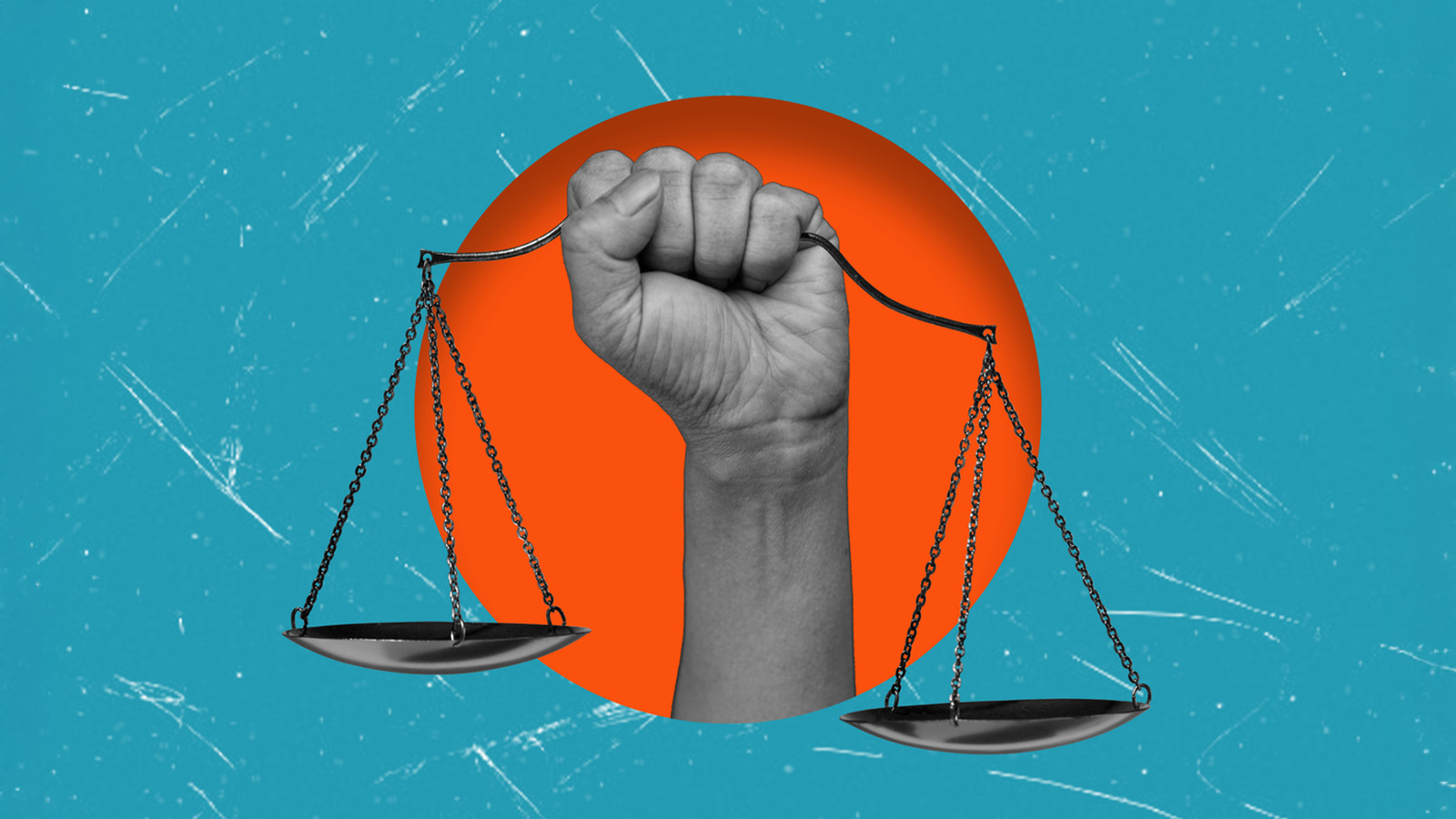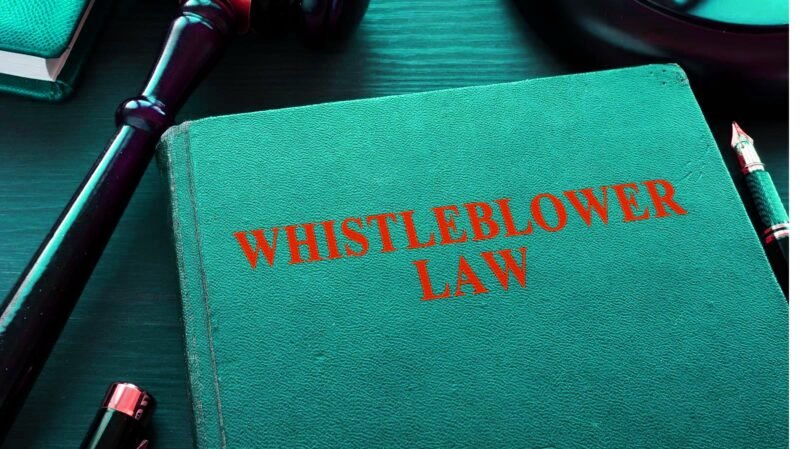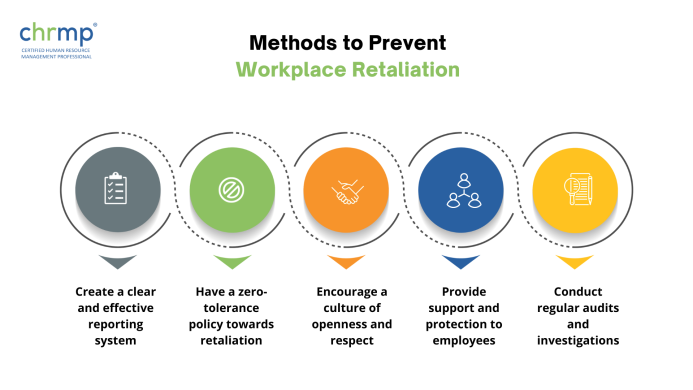
Whistleblower Protection Laws: A Comprehensive Guide for Beginners
In a world striving for transparency and accountability, whistleblowers play a crucial, often courageous, role. These individuals shine a light on wrongdoing, fraud, and misconduct that might otherwise remain hidden, protecting the public interest and upholding ethical standards. However, blowing the whistle can come with significant risks, which is precisely why whistleblower protection laws exist.
This comprehensive guide aims to demystify whistleblower protection laws, making them understandable for anyone, from an concerned employee to a curious citizen. We’ll explore what these laws are, why they matter, and what protections are typically in place for those brave enough to speak up.
What is a Whistleblower?
At its core, a whistleblower is an individual who reports an illegal or unethical activity that has occurred within an organization, whether it’s a private company, a government agency, or a non-profit. The reported activity could range from financial fraud and environmental violations to workplace safety hazards, discrimination, or government waste.
The key characteristic of a whistleblower is that they are typically an insider – an employee, former employee, or member of the organization – who has direct knowledge of the wrongdoing.
What Are Whistleblower Protection Laws?
Whistleblower protection laws are a set of legal statutes designed to shield individuals from retaliation when they report misconduct. These laws recognize the vital role whistleblowers play in uncovering wrongdoing and aim to encourage such disclosures by minimizing the personal and professional risks involved.
Essentially, these laws make it illegal for an employer to punish or discriminate against an employee for lawfully reporting certain types of misconduct.
Why Whistleblower Protection Matters
The existence and enforcement of whistleblower protection laws are critical for several reasons:
- Promoting Accountability: They hold organizations and individuals accountable for their actions, ensuring that illegal or unethical behavior doesn’t go unchecked.
- Protecting the Public Interest: Whistleblowers often expose issues that directly impact public health, safety, finances, and trust. Examples include exposing unsafe products, environmental pollution, or misuse of taxpayer money.
- Deterring Misconduct: Knowing that employees are protected if they speak up can act as a powerful deterrent, encouraging organizations to maintain higher ethical standards and comply with laws.
- Encouraging Transparency: These laws foster an environment where employees feel safer to report concerns internally or externally, leading to more transparent and ethical workplaces.
- Supporting Ethical Behavior: They reinforce the idea that doing the right thing, even when difficult, is valued and protected by law.
What Constitutes "Protected Whistleblowing"?
Not every complaint an employee makes is protected under whistleblower laws. For a disclosure to be "protected," it generally needs to meet certain criteria:
- Reporting Specific Types of Misconduct: The reported activity must typically fall into categories such as:
- Violation of a law, rule, or regulation (e.g., fraud, corruption, environmental violations).
- Gross mismanagement.
- Gross waste of funds.
- Abuse of authority.
- Substantial and specific danger to public health or safety.
- Good Faith Belief: The whistleblower must have a reasonable, good-faith belief that the information they are reporting is true, even if it later turns out to be inaccurate. They don’t need absolute proof, but they can’t make knowingly false claims.
- Reporting to the Right Channels: Protection often depends on who the report is made to. This can include:
- Internal Channels: Reporting to a supervisor, HR department, compliance officer, or an internal ethics hotline.
- External Channels: Reporting to government agencies (e.g., SEC, OSHA, EPA, DOJ), law enforcement, or sometimes even the media (though this is often a last resort and can carry more risk).
- Legal Counsel: Seeking advice from an attorney is almost always a protected activity.
Common Types of Retaliation
Whistleblower protection laws specifically prohibit employers from taking "adverse actions" against an employee in retaliation for their protected disclosure. Such retaliatory actions can include, but are not limited to:
- Termination or Layoff: Firing or cutting an employee’s job.
- Demotion: Reducing an employee’s job rank or responsibilities.
- Suspension: Temporarily removing an employee from their job.
- Reduction in Pay or Hours: Cutting an employee’s salary or work schedule.
- Harassment: Creating a hostile work environment, including verbal abuse, intimidation, or isolation.
- Unfair Performance Reviews: Giving a negative review that is not reflective of the employee’s actual performance.
- Reassignment: Transferring an employee to a less desirable or isolated position.
- Blacklisting: Preventing an employee from finding future employment within the industry.
- Threats: Direct or implied threats to an employee’s job or well-being.
- Exclusion: Deliberately excluding an employee from meetings, projects, or opportunities.
Key Federal Whistleblower Protection Laws
The United States has a patchwork of federal laws designed to protect whistleblowers across various sectors and types of misconduct. Here are some of the most significant:
1. Sarbanes-Oxley Act (SOX) of 2002
- What it Covers: Primarily designed to protect investors from fraudulent accounting activities by corporations.
- Who it Protects: Employees of publicly traded companies, as well as their contractors and subcontractors, who report corporate fraud, securities fraud, or other violations.
- Protected Activities: Reporting violations related to mail fraud, wire fraud, bank fraud, securities fraud, or any federal law relating to fraud against shareholders.
- Enforcement: Complaints are filed with the Occupational Safety and Health Administration (OSHA), which investigates the claims.
2. Dodd-Frank Wall Street Reform and Consumer Protection Act of 2010
- What it Covers: Expands whistleblower protections, particularly in the financial services industry, and established significant whistleblower bounty programs.
- Who it Protects: Employees who report violations of securities laws to the Securities and Exchange Commission (SEC) or commodity futures laws to the Commodity Futures Trading Commission (CFTC).
- Key Feature (Bounties): Offers monetary awards (typically 10-30% of collected monetary sanctions) to whistleblowers whose original information leads to successful enforcement actions resulting in sanctions over a certain threshold (e.g., $1 million for SEC).
- Enforcement: SEC and CFTC.
3. False Claims Act (FCA) / Qui Tam Provisions
- What it Covers: One of the oldest and most powerful whistleblower laws, designed to combat fraud against the federal government.
- Who it Protects: Individuals (known as "relators") who report false claims for payment made to the U.S. government. This often involves healthcare fraud (Medicare/Medicaid), defense contractor fraud, or other government contract fraud.
- Key Feature (Qui Tam): Allows private citizens to file a lawsuit on behalf of the government. If the government recovers funds, the relator is entitled to a share (typically 15-30%) of the recovered money.
- Enforcement: U.S. Department of Justice (DOJ) takes over or monitors the case, with the whistleblower’s attorney representing the relator.
4. Whistleblower Protection Act (WPA) of 1989 (and amendments)
- What it Covers: Specifically designed to protect federal government employees who report waste, fraud, and abuse within federal agencies.
- Who it Protects: Employees of most federal agencies.
- Protected Activities: Reporting gross mismanagement, gross waste of funds, abuse of authority, or a substantial and specific danger to public health or safety.
- Enforcement: Office of Special Counsel (OSC) and the Merit Systems Protection Board (MSPB).
5. Occupational Safety and Health Act (OSHA) Whistleblower Protection Programs
- What it Covers: While OSHA is known for workplace safety, it enforces the whistleblower provisions of over 20 different federal statutes. These cover a wide range of industries and issues.
- Who it Protects: Employees who report violations related to:
- Environmental Protection: Toxic Substances Control Act (TSCA), Clean Air Act (CAA), Clean Water Act (CWA), Safe Drinking Water Act (SDWA), etc.
- Transportation: Federal Rail Safety Act (FRSA), National Transit Systems Security Act (NTSSA), etc.
- Food Safety: Food Safety Modernization Act (FSMA).
- Consumer Products: Consumer Product Safety Improvement Act (CPSIA).
- Specific Industry Safety: Pipeline Safety Improvement Act (PSIA), Seaman’s Protection Act (SPA).
- Enforcement: OSHA’s Directorate of Whistleblower Protection Programs.
6. Department of Defense Whistleblower Protection Act (1987)
- What it Covers: Protects employees of defense contractors from retaliation for reporting fraud or waste related to defense contracts.
- Who it Protects: Employees of Department of Defense contractors, subcontractors, and grantees.
- Enforcement: Department of Defense Inspector General.
State Whistleblower Protection Laws
Beyond federal laws, nearly every state has its own set of whistleblower protection laws. These state laws often cover:
- Private Sector Employees: Protecting those who report violations of state laws (e.g., state environmental regulations, state labor laws).
- Public Sector Employees: Providing protections for state and local government employees.
- Specific Industries: Some states have laws tailored to particular industries or types of misconduct (e.g., healthcare fraud, insurance fraud).
It’s crucial for potential whistleblowers to understand that state laws can vary significantly in their scope, definitions of protected activity, and enforcement mechanisms.
Steps to Take If You Are Considering Blowing the Whistle
Blowing the whistle is a serious decision that should not be taken lightly. If you are considering reporting misconduct, here are crucial steps to take:
- Gather Evidence Carefully:
- Document everything: dates, times, names, specific incidents, relevant policies.
- Do not steal documents, access unauthorized systems, or remove proprietary information. Only collect information you are legally entitled to access as part of your job.
- Keep records of any communication regarding the issue, including emails, memos, and meeting notes.
- Understand Your Employer’s Internal Policies:
- Review your company’s ethics code, employee handbook, and any specific whistleblower or compliance policies.
- Many organizations have internal reporting mechanisms (hotlines, compliance officers).
- Seek Legal Counsel Immediately:
- This is arguably the most important step. An experienced whistleblower attorney can:
- Assess your situation and determine which laws apply.
- Advise you on your rights and potential risks.
- Help you strategize the best course of action (e.g., internal vs. external reporting).
- Guide you on how to gather evidence legally and effectively.
- Represent you if retaliation occurs.
- This is arguably the most important step. An experienced whistleblower attorney can:
- Know the Relevant Laws:
- While your attorney will guide you, having a basic understanding of federal and state laws relevant to your situation is empowering.
- Maintain Confidentiality (of Your Intent):
- Until you have a clear strategy and legal advice, be discreet about your intentions to blow the whistle. Prematurely revealing your plans can expose you to retaliation before protections are in place.
What NOT to Do When Blowing the Whistle
Equally important are the pitfalls to avoid:
- Don’t Wait Too Long: Many whistleblower laws have strict statutes of limitations (deadlines for filing a claim). Delay can cause you to lose your right to protection.
- Don’t Assume You’re Protected Automatically: Protection often hinges on following specific procedures and reporting to the correct authorities.
- Don’t Act Impulsively or Emotionally: While the wrongdoing might be infuriating, rash actions can jeopardize your case and career.
- Don’t Steal Documents or Data: As mentioned, taking company property without authorization can lead to criminal charges or weaken your case.
- Don’t Rely Solely on Internal Reporting if You Fear Retaliation: While internal reporting is often encouraged, if you have strong reasons to believe your employer will retaliate, an attorney can advise on direct external reporting.
- Don’t Discuss Your Case with Colleagues: This can lead to leaks, undermine your strategy, and potentially create a hostile environment.
The Critical Role of Legal Counsel
Given the complexity and nuances of whistleblower protection laws, securing experienced legal counsel is paramount. A skilled whistleblower attorney can:
- Provide Expert Guidance: They understand the intricacies of federal and state laws and can determine the most effective legal strategy for your specific situation.
- Assess Risk: Help you understand the potential risks and benefits of blowing the whistle.
- Protect Your Rights: Advocate on your behalf, ensuring your rights are protected throughout the process.
- Navigate Bureaucracy: Guide you through the often-complex processes of filing complaints with government agencies or pursuing lawsuits.
- Maximize Outcomes: If applicable, help you pursue potential rewards under bounty programs or damages for retaliation.
Conclusion
Whistleblower protection laws are a vital safeguard in our society, empowering individuals to report wrongdoing without fear of reprisal. They are a testament to the idea that integrity and accountability are paramount, even in the face of powerful organizations.
While the decision to blow the whistle is never easy and involves inherent risks, understanding your rights and having the proper legal guidance can significantly mitigate those risks. If you suspect misconduct and are considering speaking up, remember that you don’t have to face it alone. Seek out an experienced whistleblower attorney to explore your options and protect your future. Your courage can make a profound difference.



Post Comment